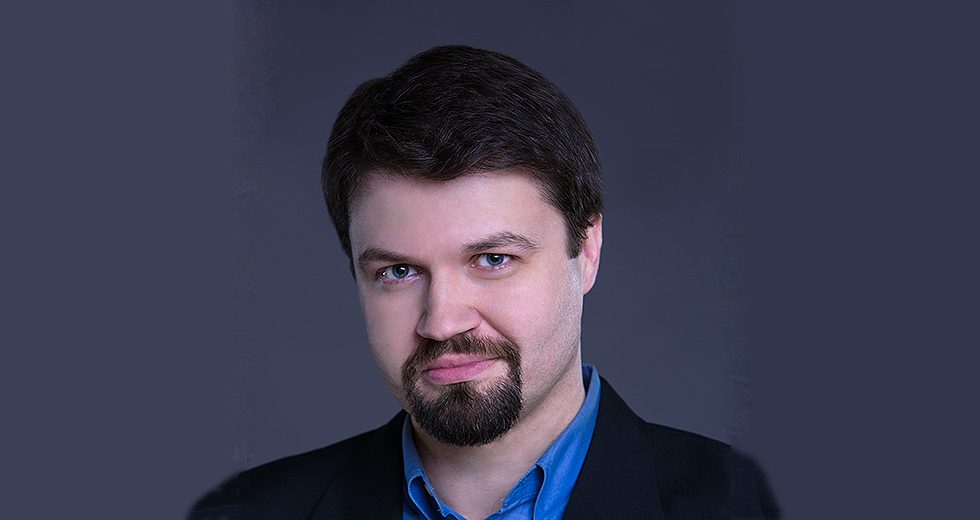
A member of the Chicago Symphony Chorus since 2002, bass David Govertsen also has performed roles with Lyric Opera of Chicago, Haymarket Opera, Chicago Opera Theater (most recently as Uncle in Elizabeth Cree) and other U.S. companies. Next season at Chicago Opera Theater, he will take on the role of Stubbs in the local premiere of Jake Heggie’s Moby Dick. With the CSO, he sang the part of the Herald in Verdi’s Otello, Arkel in Pelléas et Mélisande and the Apparition in Verdi’s Macbeth.
The Wheaton native is an alumnus of the Ryan Opera Center, Santa Fe Opera and Central City Opera apprentice programs; he holds a masters degree in vocal performance and literature from Northwestern University, a bachelors degree in music education from Northern Illinois University and an associate degree in arts from the College of DuPage.
What work(s) this season are you are most looking forward to performing, and why?
Poulenc’s Gloria because it is a beautifully unusual setting of the standard Gloria mass text.
Offstage, I like to:
Cook and play with my toddler.
Currently I’m reading/watching/listening to:
Sound the Trumpet, Beat the Drums, a book about the horse-mounted Army bands of the United States, written by my high-school choral director.
What are your favorite non-classical musicians, music or songs?
I listen to lots of jazz as well as ’80s pop/rock.
Who is/are your favorite composer(s), and why?
So hard to choose, probably Richard Strauss, as well as a cappella renaissance composers like Victoria, Palestrina and Byrd.
Was there a specific moment or experience during which you first connected with choral singing?
Singing in men’s choir in high school.
What is your most memorable CSC performance or experience?
It’s very difficult to choose just one, but I would definitely include my very first CSO concert, Tannhauser; the Mahler 2 that marked Lorraine Hunt Lieberson’s final performances and almost every Ravinia concert with James Conlon.
Do you play another instrument or perform in a non-classical vocal style or setting?
I was a trombone player in my past life; actually quite of few of the CSC men are trombone folks. I don’t have too many opportunities to break out the horn any more, but I play occasionally.
What advice would you give to someone who would like to learn more about classical music?
Find a concert to attend and do a little bit of research before you go. Knowing even a little about the background of the music, the composer and the artists can make a concert experience very rewarding.